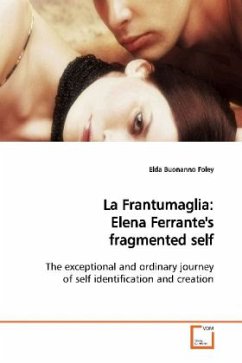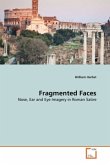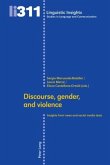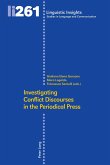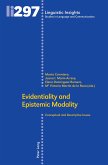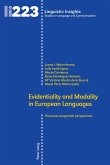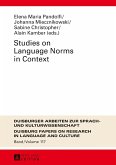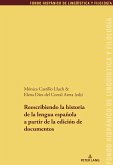This book explores the importance of Elena
Ferrante s only non-fictional work, La Frantumaglia,
which, like her novels, reveals a deep focus on
fragmented identity, recovery, and reshaping of the
self. The book is structured as a multi-layered
gradual disclosure of a critical apparatus of the
author s fictional works and it can be
considered a manual on how to read, interpret, and
understand Ferrante''s other works, Troubling Love,
The Days of Abandonment, and The Lost Daughter.
In this book, the author investigates the well
thought-out scheme of La Frantumaglia, its
narrative contents and the author s preference of a
colloquial style embodied in short, simple and
direct utterances. This colloquial style that may
blur and complicate the connection with the reader
and cause linguistic difficulties is thoroughly
discussed in the last section.
This book, therefore, wants to provide a guide in
the exceptional and ordinary journey of Elena
Ferrante in self identifying and creating herself
and her writing.
Ferrante s only non-fictional work, La Frantumaglia,
which, like her novels, reveals a deep focus on
fragmented identity, recovery, and reshaping of the
self. The book is structured as a multi-layered
gradual disclosure of a critical apparatus of the
author s fictional works and it can be
considered a manual on how to read, interpret, and
understand Ferrante''s other works, Troubling Love,
The Days of Abandonment, and The Lost Daughter.
In this book, the author investigates the well
thought-out scheme of La Frantumaglia, its
narrative contents and the author s preference of a
colloquial style embodied in short, simple and
direct utterances. This colloquial style that may
blur and complicate the connection with the reader
and cause linguistic difficulties is thoroughly
discussed in the last section.
This book, therefore, wants to provide a guide in
the exceptional and ordinary journey of Elena
Ferrante in self identifying and creating herself
and her writing.

